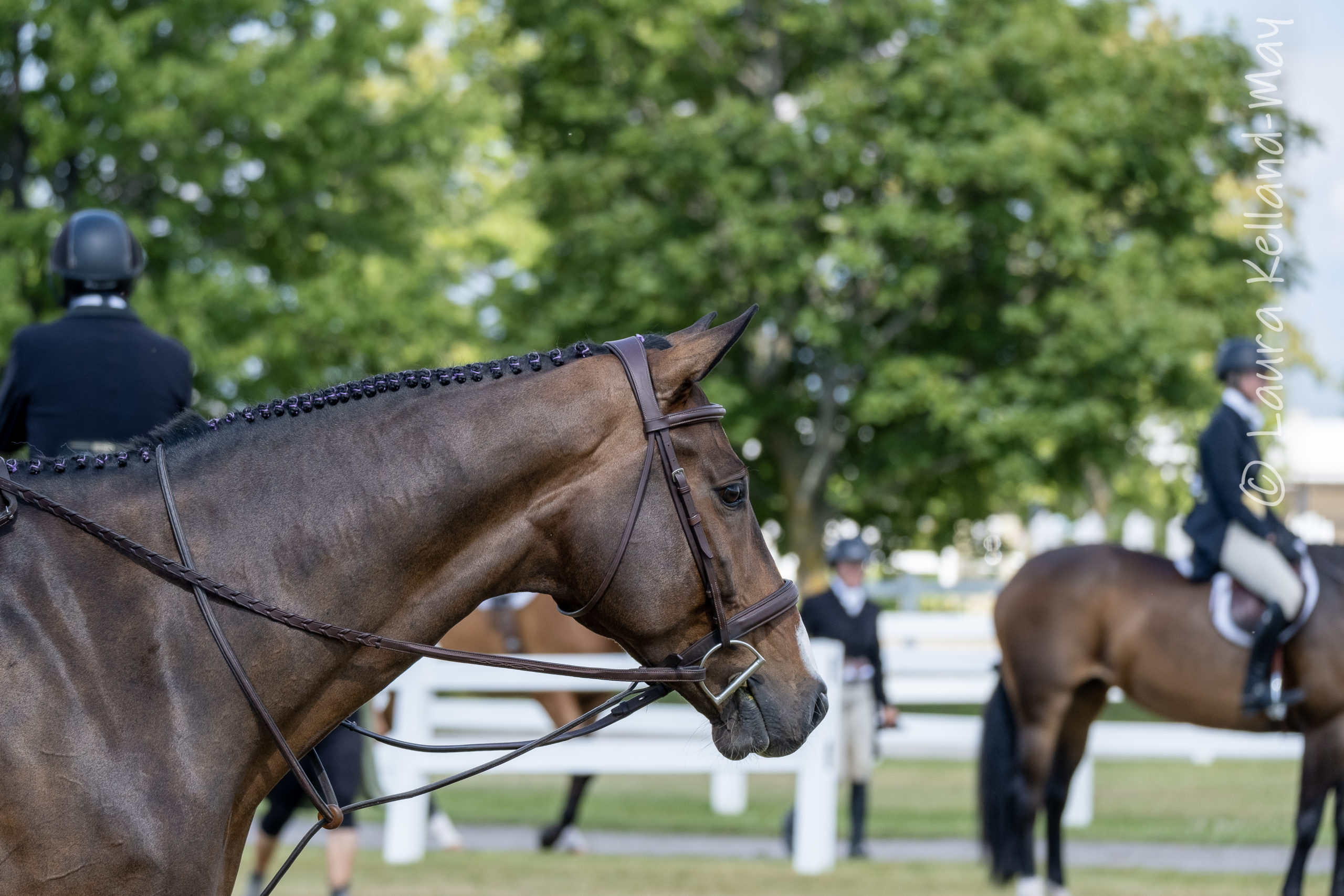Finding the right coach for you
I have heard many things in the warm up rings at shows and recently I had a well known coach, who was preparing their rider for a significant (1.20m) jumping class turn to me and say something to the effect of,
“did you hear that drivel being spouted in there?”
To which I added, “You should go to the hunter warm up”.
If looks could kill, I’d be mortally wounded. The “eye roll” and contempt for coaches spouting off inappropriate or non-helpful remarks does not just happen at elite competitions. It happens all around. At all stages. With all ages.
I’ve heard from experienced coaches who tell me they are getting “new” students who have had broken bones (from more than one accident) because of negligent instructor/coaches advancing their students too quickly.
They may be jumping too high, without the proper background and base to complete the task,
or,
possibly on horses who are not up for the task as well.
And as my colleague said, they are getting students who “torpedo” over the jumps because they have no proper base. And when the horse refuses the jump, and they do refuse
– even at mach 1 –
they catapult over the fence.
So how do you find a decent coach who will provide you with the proper learning? Ask around.
If you are starting out and are looking for general riding development I suggest these following tips:
Are they safe?
This one is the most important.
The issue is, first time horse people do not understand what safe is. They don’t know or understand that horses are incredibly dangerous creatures. They are not like Kjekk from the movie “Frozen” or Donkey in “Shrek”. Horses are dangerous and a strict safety policy is mandatory.
For example I had a “no sandal” policy at my small private stable. If you wanted to come on the property, closed-toe shoes were mandatory (and boots with heels while riding). People thought it funny. Until that is, someone pulled up their toenail stepping into the tack room. _OUCH_
Not so funny anymore.
Rules should be front and centre.
- Helmets – mandatory when riding at all times. As well as correct riding attire. Pants, boots with heels and for me, gloves. Let’s keep those childrens hands safe.
- All riding should be in an enclosed space. That is, a fenced in paddock. Riding in the corner of a field is fun for later, but for actual riding lessons, an enclosed area is important.
- Horses and riders should be equally matched. No small riders on too large horses and no big people on too small a horse. Likewise a novice rider should be matched with an educated school master of a horse.
- Equipment should be in good repair. Again for first timers this may be hard to spot. But rest assured twine and tape are not okay in any situation.
- Things should be neat and orderly. If you see dogs, llamas, or other livestock free on the property, take notice because these are unsafe, well, at least to me they are, situations and should be avoided. For example, I was teaching one evening and a woman thought it would be nice for her 2 ponies to graze beside the outdoor riding ring. I stopped the lesson and said please take your ponies away. She was upset and told me that she had done it several times before. “Not while I was teaching”. She did explain that her horses were quiet. Perfect, but while I am teaching I don’t know what the horses in the ring will do. Be on the safe side.
- Same with dogs. I think loose dogs are a huge unsafe practice. I LOVE dogs. But horses innately hate dogs. And sometimes will run, bite and stomp them. If not for your rider’s sake, for your dog’s sake keep dogs away.
Check out the credentials – Are they certified?
This is important. Having a coach that has many wins in the show ring can offer some excellent tips and valuable information BUT, do they understand how to develop riders into equestrians?
Do they understand the ages and stages of rider development and do they understand how people take in information? Each rider/athlete has a unique way of learning. Some may be “visual learners” while others may prefer auditory learning for example. These are things that certified coaches understand and are taught.
Do they “click” with you?
Sign up for the newsletter. If you are looking for something specific, email me and I will send you – free of charge – an excerpt from my upcoming course.
 Try these three powerful exercises to get strengthen your position.
Try these three powerful exercises to get strengthen your position.
